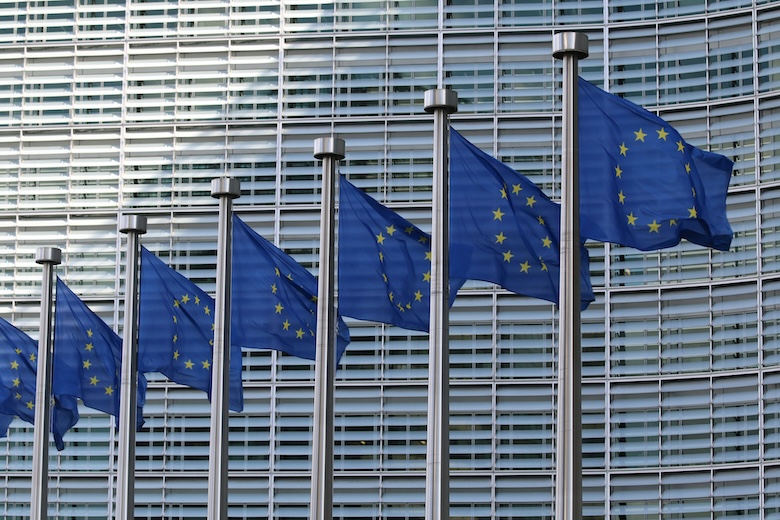
Artificial Intelligence for Social Good: The Way Forward By Nuria Oliver, July 2022
The report titled “Artificial Intelligence for Social Good: The Way Forward” by Nuria Oliver, from the Institute of Humanity-centric AI (ELLIS Unit Alicante Foundation), delves into the multifaceted role of artificial intelligence (AI) in addressing the Sustainable Development Goals (SDGs). Published within the European Commission’s research and innovation context, it scrutinizes both the immense opportunities and significant challenges that AI presents in sustainable development.
AI’s potential to enhance our capacity to measure, identify priorities, and accelerate the achievement of SDGs is substantial. Yet, realizing this potential demands overcoming barriers in five critical areas: institutional, technical, ethical, financial, and environmental. The report emphasizes the need for a balanced approach to leveraging data-driven AI methods, ensuring that these advancements contribute positively to the SDGs.
Oliver’s analysis covers how AI intersects with each SDG, excluding SDG 17, which focuses on partnerships and is not discussed in detail. She highlights successful applications of AI in various domains, such as health, education, agriculture, and environmental protection, showcasing the technology’s versatility. AI applications range from improving healthcare outcomes and educational accessibility to enhancing agricultural efficiency and sustainability efforts.
Despite the optimistic outlook, the report also points out significant challenges, including data privacy, algorithmic bias, the need for data-driven decision-making systems that are transparent, accountable, and augment human decision-making rather than replace it. It underscores the importance of ethical considerations and the establishment of trust and transparency in AI applications.
Moreover, the report identifies the considerable environmental impact of AI, specifically the carbon footprint associated with data centers and the processing power required for complex models, as a concern that needs systematic measurement and mitigation.
In conclusion, while AI offers promising solutions for achieving the SDGs, its deployment must be carefully managed to navigate the associated ethical, technical, and environmental challenges. The report serves as a comprehensive exploration of AI’s potential for social good, advocating for a cautious yet optimistic approach to integrating AI into sustainable development strategies.
You can read the full report here.


